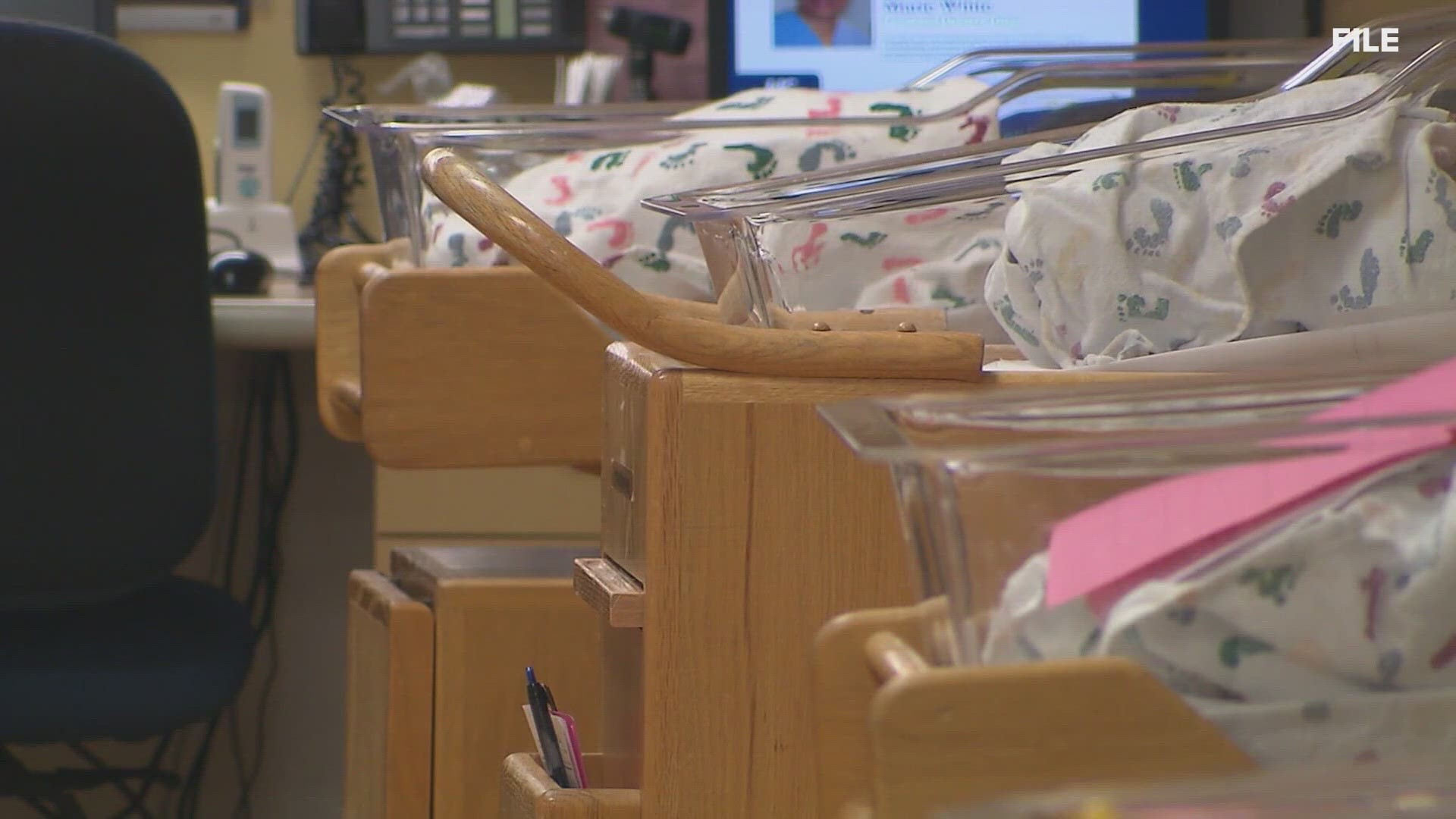ST. LOUIS — Health leaders in both St. Louis and St. Louis County are sounding the alarm.
They're seeing growing cases of sexually transmitted illnesses, and they're afraid it's having an impact on newborns. Officials say there's work to be done to get more resources to pregnant women.
Health leaders say that in the last couple of years, there have been nearly five dozen cases of children being born with syphilis in the city and county.
That’s more cases than in the previous two decades combined. The growing numbers, they say, should serve as a wake-up call.
"Where there's one STI, the more of a chance you’re going to have another STI,” said Suzanne Alexander with the St. Louis Health Department.
City and county leaders issued a Public Health Alert Thursday advising of “increased incidence of HIV and syphilis co-infection." Their concern is that people are catching the diseases and aren't being tested or treated — putting newborns at risk.
"The longer that she's had syphilis and no prenatal care, the more at risk her baby is,” Alexander said.
On the low end of the scale, she said it can lead to: "Mild neurocognitive delay. We might be looking at some bone issues, weaknesses or abnormal growths."
At the worst levels, "the effects of tertiary congenital syphilis include worsening neurocognitive dysfunction such as developmental delay and deafness, destruction of cartilage in the body,
abnormal tooth development and blindness," Alexander said. "This can be compounded when a mother has also used recreational substances during pregnancy because the baby can be born with neonatal withdrawal syndrome (also referred to as neonatal abstinence syndrome). These babies are born with an addiction to the substance their mother was using while pregnant and withdrawal can be very painful. They may fail to gain weight and have a sensitivity to stimuli."
Health leaders say there are laws on the books in other states that Missouri doesn't have that could help.
"Missouri does not have a mandate to test in the third trimester. They test at delivery. By then it's too late to treat the cause of congenital syphilis,” Alexander said.
On the flip side, she said getting treatment for a mother with syphilis early could result in her child being born without the illness.
"One of the very easiest things we can do is start testing all pregnant moms in that third trimester… Then we need to make sure that every pregnant mom in the city of St. Louis has access to prenatal care where they are, meaning we meet them where they are," she said.
The health department is trying to work through barriers like people not getting tested because of the stigma, transportation, or childcare issues.
One idea they're looking at is creating more mobile nurses and utilizing faith-based leaders to help make the topic less taboo.
You can read the Public Health Alert here.

